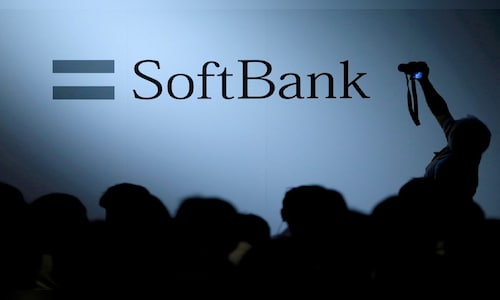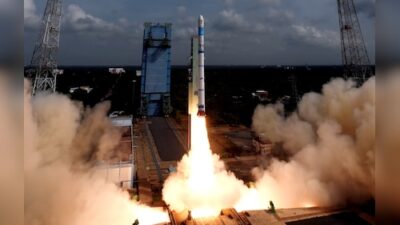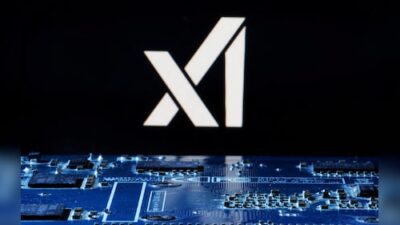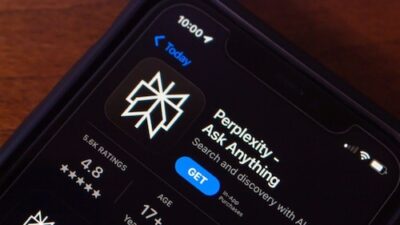Son imagines creating a facility similar to China’s Shenzhen, intending to revitalize high-tech manufacturing in the US, according to insiders familiar with the billionaire’s vision. This park could potentially include production lines for AI-driven industrial robots, they explained, requesting anonymity due to the confidential nature of the project.
SoftBank representatives are eager for the Taiwanese maker of Nvidia Corp.’s advanced AI chips to take a key role in the initiative. However, it remains unclear what Son envisions for TSMC, which is already planning to invest $165 billion in the US and has begun mass production in its initial Arizona factory. Additionally, there are uncertainties regarding TSMC’s interest in this collaboration. A source familiar with TSMC’s perspective highlighted that SoftBank’s initiative does not impact TSMC’s existing commitments in Phoenix.
On Friday, shares of SoftBank surged by as much as 2.3% in Tokyo, while TSMC’s stock rose by 1.9% in Taipei.
Codenamed “Project Crystal Land,” the Arizona complex signifies the 67-year-old SoftBank chief’s most ambitious effort in a career characterized by high-stakes ventures, substantial returns, and significant financial setbacks. Son, who has frequently voiced his dissatisfaction with his legacy, has consistently asserted his aim to accelerate AI development.
SoftBank officials have been engaging with federal and state government representatives to explore potential tax incentives for companies investing in or constructing factories within the industrial park, with discussions held with US Secretary of Commerce Howard Lutnick among others, the sources indicated.
The Japanese billionaire is also seeking expressions of interest from a range of technology firms, including conversations with executives at South Korea’s Samsung Electronics Co.
SoftBank, TSMC, and Samsung representatives have declined to comment. A spokesperson for the Commerce Department has not yet responded to a request for commentary.
Son has compiled a list of SoftBank Vision Fund portfolio companies that could be involved in
the Arizona manufacturing hub, according to insiders. SoftBank-backed startups focused on robotics and automation technologies — such as Agile Robots SE — may establish production facilities at the complex, they mentioned.
Also Read: Kama Jewelry’s Colin Shah on what’s driving the gold rally
The plans are still in the preliminary stages, and their feasibility depends on support from the Trump administration and state officials. Although Son’s envisioned cost for the project may reach as high as $1 trillion — a figure previously mentioned by the Nikkei — the actual scale will rely on interest from major tech companies. If successful, Son has suggested the possibility of creating multiple cutting-edge industrial parks throughout the US.
Simultaneously, SoftBank is pushing forward with plans to invest up to $30 billion in OpenAI and is pursuing a $6.5 billion acquisition of Ampere Computing LLC. Additionally, it’s allocating resources to the Stargate venture alongside OpenAI, Oracle Corp., and Abu Dhabi’s MGX, with the goal of funneling hundreds of billions into global data centers and related infrastructure.
These financial commitments come as SoftBank reported a cash reserve of ¥3.4 trillion ($23 billion) at the end of March. Since then, the Tokyo-based firm has liquidated about a quarter of its T-Mobile US Inc. stake to raise $4.8 billion this month. Furthermore, SoftBank’s net assets are valued at ¥25.7 trillion, with the chip designer Arm Holdings Plc comprising the most significant portion, enabling it to secure substantial loans if necessary.
SoftBank is considering project financing for Stargate data centers, a model adaptable to a large-scale initiative like Crystal Land. This project finance method, commonly used for large infrastructure projects such as oil or gas pipelines, would allow the tech investor to generate funding on a project-by-project basis and necessitate less upfront capital.
Son’s relentless pursuit of growth has led to endeavors that progress in fits and starts, complicating assessments of his commitment to any given project. Insiders have suggested that the billionaire is often motivated by the need to elevate SoftBank’s stock price and to provide returns for retail investors who have held onto shares dating back to the dot-com era. Many investors have anticipated for years that the stock would recover to levels seen during the dot-com boom — an achievement it has only approached a few times since 2020.
If Son’s main aim is to facilitate AI advancements, it may prove more cost-effective to foster collaborations that merge manufacturing capabilities with AI expertise across various fields, including medicine and robotics, while also nurturing smaller enterprises, according to Melissa Otto, head of research at Visible Alpha.
However, investing in data centers may lower the costs associated with AI application development and encourage wider adoption, she noted. “He’s a long-term thinker, and he takes risks,” Otto remarked. “It’s just too early to tell.”
Also Read: HAL to build small satellite rockets after securing ISRO tech in ₹511 crore deal



